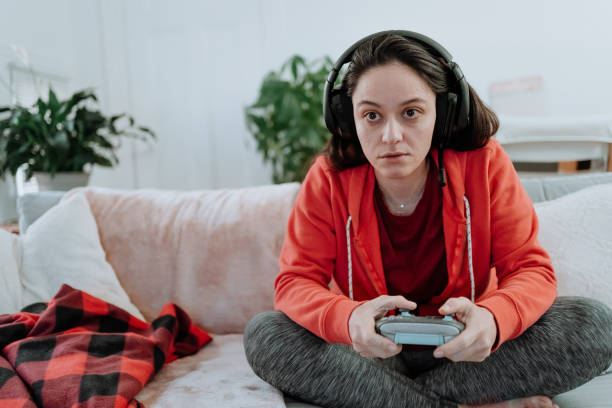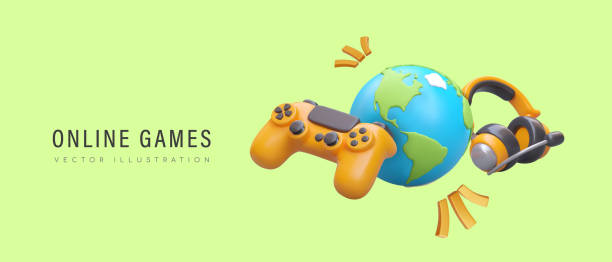While video games often get a bad rap for promoting screen time and isolation, a growing body of research and personal stories suggests a different narrative: gaming can actually support mental well-being. When approached mindfully, video games can reduce stress, boost cognitive function, and even foster social connection.
Here’s how gaming can positively impact mental health:
Contents
1. Stress Relief and Relaxation
Many games offer an immersive escape from real-world pressures. Engaging in a virtual world allows players to unwind, focus on a clear objective, and shift their attention away from stressors.
- Examples: Games like Stardew Valley, Animal Crossing, and Minecraft promote relaxation with their calming music, repetitive tasks, and open-ended gameplay.
- Mental health impact: Lowers cortisol levels and reduces anxiety symptoms.
2. Mood Boosting through Dopamine Release
Completing quests, unlocking achievements, or simply leveling up triggers a dopamine release, the brain’s natural “feel-good” chemical.
- Why it matters: Regular positive reinforcement can improve mood, motivation, and feelings of accomplishment—especially important for people dealing with depression.
3. Social Connection and Community
Multiplayer games foster teamwork and connection, especially for individuals who may struggle with in-person socializing due to anxiety or neurodivergence.
- Examples: Fortnite, Among Us, World of Warcraft, and Discord-based communities.
- Mental health impact: Reduces feelings of isolation, boosts confidence, and provides a sense of belonging.
4. Cognitive Stimulation and Skill Building
Certain game genres improve cognitive functions such as memory, decision-making, attention span, and problem-solving.
- Examples: Puzzle and strategy games like Portal 2, Tetris, Sudoku, and Civilization VI.
- Why it helps: Keeps the brain engaged and can offer therapeutic value similar to brain-training exercises.
5. Safe Emotional Expression
Story-driven and role-playing games provide a space to explore emotions, confront challenges, and develop empathy.
- Examples: Life is Strange, Celeste, Hellblade: Senua’s Sacrifice.
- Mental health impact: Encourages emotional awareness, builds resilience, and allows for therapeutic storytelling.
6. Support for PTSD, Anxiety, and Depression
Some games are designed specifically for therapeutic use or have proven beneficial in clinical studies.
- Examples:
- Sea of Solitude explores loneliness and anxiety.
- SPARX, a role-playing game, was developed to treat depression in teens.
- Why it works: Interactive experiences help players face and process difficult emotions in a non-threatening environment.
7. Mindfulness and Flow State
Many games encourage a state of flow—a deep focus where time seems to disappear, which is linked to reduced anxiety and improved emotional regulation.
- Examples: Rhythm games, simulation games, and creative sandbox experiences like Journey, Flower, or Tetris Effect.
Final Thoughts
While moderation and healthy boundaries are important, gaming can be a powerful tool for mental health—providing comfort, community, and cognitive stimulation. Like reading a good book or watching a favorite movie, games offer both escapism and engagement that, when used wisely, support emotional well-being.
Pro tip: If you or someone you know is using games as a coping tool, it’s a good idea to complement it with other self-care habits like sleep, exercise, and social interaction offline too.




